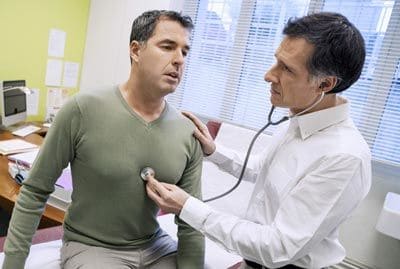Valium
Valium Addiction: Side Effects, Detox, Withdrawal, and Treatment

Table of contents
What Is Valium (Diazepam)?
Valium (also referred to by its generic name diazepam) is a benzodiazepine that is frequently prescribed to treat panic attacks and anxiety disorders. It is only legally available with a prescription.
Although you may wonder, “Is Valium a narcotic?” it is not. When used as directed by a doctor, it relaxes muscles, prevents convulsions, and has a sedative effect. Its effects are longer lasting than those of other benzodiazepines (20-70 hours) and users can typically feel the sedative effect within 30 to 60 minutes.
Valium works by increasing the effects of a chemical substance in the brain called GABA, which slows brain activity. When a person takes a dose of valium, the drug increases the effects of the GABA neurotransmitter, which lessens feelings of anxiety and reduces activity.
Is Valium Addictive?
Yes, Valium is highly addictive. If a person takes too much Valium, he or she can easily become physically dependent and addicted, as the sedative and calming effects of the drug are pleasurable. Valium is a schedule IV controlled substance, which indicates its potential for misuse and addiction. Consistent abuse of Valium can result in severe short and long-term side effects or overdose.
Using Valium with other drugs like alcohol or prescription sedatives can also cause overdose, which may result in:
- Depressed respiration
- Cardiac functioning
- Coma
- Death
According to the Drug Enforcement Administration (DEA), there were 15 million diazepam prescriptions dispensed in the U.S. in 2011, making it one of the five most commonly prescribed benzodiazepines in the country. As a result, it’s also one of the most frequently encountered benzos on the illicit market.1
Slang for Valium
The following terms are street names or slang for Valium and other similar prescription sedatives:
- Vs
- Yellow Vs
- Blue Vs
- Benzos
- Downers
- Foofoo
- Howards
- Sleep away
How Common Is Valium Addiction and Abuse?
SAMHSA’s 2016 National Survey on Drug Use and Health reported that 6.9 percent of the U.S. population (or 18.7 million people) misused prescription drugs like Valium. Additionally, more than 7,900 people died from overdoses related to benzodiazepines like Valium in 2014.
Some people may become physically dependent and addicted to Valium, even if they initially use it as prescribed. However, in many instances, the pleasurable, short-term effects can be a catalyst for users to take more than the recommended dose or use it more frequently than prescribed. Misusing Valium in this way is a form of prescription drug abuse.
There are many other ways people misuse Valium and other prescription drugs, such as:
- Taking someone else’s Valium prescription
- Buying Valium from a drug dealer, friend, or family member
- Taking a larger dose of Valium than is prescribed
- Taking Valium more often than prescribed
- Using Valium in a way other than prescribed, such as injecting it
Although Valium has is helpful for some and has legitimate medical uses, it can also be very dangerous when abused. Even if it’s prescribed by a doctor, Valium (when misused) can cause serious physical side effects, increase a user’s risk of getting into a car accident, and cause uncomfortable and harmful withdrawal effects when addicted users stop taking it suddenly.
What Are the Side Effects of Valium Abuse?
Although many people abuse Valium for its pleasurable short-term effects, there are also many uncomfortable and dangerous short-term and long-term side effects that may be a result of Valium abuse.
Short-term side effects of Valium abuse may include:
- Nausea and diarrhea
- Dizziness
- Blurry vision
- Restlessness
- Decreased sex drive
- Seizures
- Respiratory problems
- Irregular heartbeat
- Shakiness
- Fever
Long-term physical and psychological effects of Valium abuse may include:
- Depression
- Aggressive behavior
- Hallucinations
- Delirium/paranoia
- Memory loss
- Anxiety
- Insomnia
- Nightmares
- Impaired judgment
- Confusion
- Physical dependence
- Addiction
What Are Common Signs and Symptoms of Valium Addiction?
Valium addiction affects people of all ages and backgrounds, and it may even start as just a simple prescription from the doctor. However it occurs, here are some of the symptoms of valium addiction:
- Having intense cravings for valium
- Developing a tolerance (needing higher or more frequent Valium to achieve the same effects)
- Losing interest in hobbies and activities you used to enjoy
- Feeling extremely drowsy all the time or difficulty waking from sleep
- Difficulty maintaining motor skills and coordination
- Feeling like Valium is necessary to function normally on a daily basis
- Continuing to take Valium even though it’s causing health problems and relationship problems
- Experiencing withdrawal symptoms when not using Valium
If a loved one is addicted to Valium, you may recognize a few of the following warning signs:
- Being unable to manage responsibilities at work, home, and/or school
- Spending a great deal of time getting and using Valium
- Attempting to stop using Valium but being unable
- Isolating from friends and family
- Having financial or legal problems associated with Valium abuse
- Getting more frequent Valium refills
- Getting Valium prescriptions from more than one doctor
- Taking larger and/or more frequent doses of Valium
- Having more frequent injuries, falls, and accidents
- Declining hygiene habits
- Stealing money or valuables from friends, coworkers, family members, or strangers
What Are Valium Withdrawal Symptoms?
If you abuse Valium for an extended period of time and become addicted, you will experience unpleasant physical symptoms if you suddenly stop taking it. These symptoms are called withdrawal.
The duration and intensity of Valium withdrawal symptoms will vary and depends on how the Valium was abused, how often it was abused, if it was used with any other drugs or alcohol, and several other unique factors related to the person abusing it.
Common symptoms of Valium withdrawal include:
- Nausea/vomiting
- Diarrhea
- Achiness
- General discomfort
- Extreme anxiety
- Agitation
- Panic attacks
Valium Detox
Benzodiazepine withdrawal can be very dangerous without medical assistance because the physical symptoms can be unpredictable or even life-threatening. The safest way to detox from Valium is by enrolling in a medical detox program at a Valium detox center.
During Valium detox, clients receive 24/7 medical care, so if any unexpected medical emergencies occur, a staff of nurses and doctors will be right there to help. Clients may also receive medication-assisted treatment, to help ease the uncomfortable withdrawal symptoms and gradually taper them down into a stable state of sobriety.
Medical detox is also the most effective way to stop abusing Valium because clients receive ongoing sobriety support from staff, they are housed in a safe and sober environment for an extended period of time, and they have access to clinical counseling, which gives them an opportunity to address the underlying causes of their Valium addiction.
Detoxing from Valium at home can be challenging, especially if the home environment is unsupportive or other drugs and alcohol are easily accessible. A professional Valium detox program will protect you or a loved one from relapse and help you stay sober for good.
Valium Withdrawal Timeline
The duration, intensity, and symptoms of Valium withdrawal will vary from person to person, but this is a general timeline of what you can expect.
| 1-3 days after the last dose: | Restlessness, body pain, agitation, shakiness, sweating, irritability, muscle spasms, and extreme anxiety are common. |
| 4-7 days after the last dose: | The user may have headaches, abdominal pain, and anxiety. He or she may also feel depressed and suffer from insomnia. |
| 14 days after the last dose: | Anxiety, overall tension, tremors, and sleep disturbances may still occur. |
| 3 weeks after the last dose: | Anxiety, insomnia, and mood swings are common, even several weeks after withdrawal begins. |
| 4 weeks after the last dose: | Some anxiety and irritability may persist, but people generally feel much better and mood swings generally stabilize by this time. |
Valium Addiction Treatment Options

Valium addiction (and addiction in general) is a chronic relapsing disease that cannot simply be overcome with willpower. Long-term, evidence-based addiction treatment is necessary to overcome addiction to Valium or any other drug.
Upon the completion of Valium detox, a recovering user may choose to enroll in a drug rehab program to address the behavioral and psychological aspects of their addiction. Research shows that addiction treatment of 90 days or longer typically provides the most positive and lasting results. Although some Valium rehab programs offer 30-day treatment, most people require more time to make lasting, long-term changes.
Inpatient Valium Rehab vs. Outpatient Valium Rehab
There are two main types of Valium rehab programs: inpatient programs and outpatient programs. With both types of Valium treatment programs, the general goals remain the same:
- Provide helpful information and education about the nature of Valium addiction and how it affects the body and mind
- Thoroughly work through each step in the 12-Step Program
- Provide specialized therapies like family therapy, pet therapy, music therapy, and cognitive behavioral therapy
- Learn and apply relapse prevention strategies and coping mechanisms
- Gain useful life skills to sustain sobriety
- Practice living sober in a safe, drug-free environment
Each of these objectives can be achieved with an inpatient or outpatient Valium rehab program, but one or the other may be more beneficial for a person in recovery, depending on their situation.
In inpatient drug rehab, clients can expect to:
- Live on-site at the rehab center for the duration of the program
- Adhere to a structured daily schedule and set of rules
- Have limited contact with the outside world
- Have immediate and regular access to addiction treatment professionals and medical experts
- Live in group housing with other peers in recovery
- Participate in family, group, and individual counseling
- Attend educational lectures
In outpatient drug rehab, clients can expect to:
- Attend a series of group meetings at a nearby, clinical location
- Live at home while enrolled in rehab
- Have the flexibility to attend work, school, or care for children while enrolled in rehab
- Participate in family, group, and individual counseling
- Attend educational lectures
The cost of inpatient and outpatient Valium rehab programs vary depending on the duration of the program, the amenities offered, and the type of treatment that is available. Regardless, clients may have several different payment options to cover the cost of a Valium treatment program. Generally, these include utilizing:
- Health insurance benefits through providers like Aetna, Cigna, UnitedHealthcare, or Beacon/ValueOptions
- Employee Assistance Programs (EAPs)
- Third-party healthcare loans
- Reduced, financed, or full out-of-pocket payments
If you’re struggling to pay for a Valium treatment program for addiction, you may qualify for some scholarships or grants offered through some private rehab centers or nonprofit organizations.
Continued Care Options for Valium Addiction Treatment
Ongoing addiction treatment is often recommended for people who are recovering from Valium addiction. There are several different options for continued care, including sober living programs or Aftercare. Each of these options provides essential benefits for people in long-term recovery.
Sober Living Houses for Valium Addiction

A sober living house may also be referred to as a halfway house, ¾ house, or transitional house, but all these terms are typically used interchangeably to refer to the same thing: supportive housing for people in recovery.
Sober living houses provide safe, supportive, and sober group housing for people who are just coming out of rehab or who have recently relapsed. The overarching purpose of these homes is to help clients transition from a life of addiction to a life of sobriety by providing life skills, supportive resources like tiered recovery programs, and healthy interaction with sober peers.
Many sober living programs also provide random drug and alcohol testing, education, and employment assistance, and may be combined with personal monitoring programs and/or an Intensive Outpatient Program (IOP).
Aftercare Programs for Valium Addiction
This is a recovery program that is specifically designed for people who have already completed a drug rehab program to address their Valium addiction. Aftercare consists of a series of group meetings that take place regularly. Many people view these as weekly check-ins, where they are held accountable by a group of sober peers.
Meetings are generally used as an opportunity to discuss ongoing personal challenges, give and receive advice on sober living or challenging life situations, and a consistent opportunity to connect with other people in recovery.
Overcoming Valium addiction is a challenging endeavor, but it is completely possible with effective drug detox and rehab programs. To learn more about detox, rehab, and aftercare programs for Valium addiction, call Nova Recovery Center today and speak with an admissions representative. We offer varying levels of personalized Valium treatment programs to meet your needs.
References:
- https://www.deadiversion.usdoj.gov/drug_chem_info/benzo.pdf#search=benzodiazepines
- https://teens.drugabuse.gov/drug-facts/prescription-depressant-medications
- https://www.samhsa.gov/sites/default/files/topics/data_outcomes_quality/nsduh-ppt-09-2017.pdf
- https://www.webmd.com/mental-health/addiction/benzodiazepine-abuse#1
- https://medlineplus.gov/druginfo/meds/a682047.html
- http://addictionblog.org/infographics/the-valium-withdrawal-timeline-and-intensity-chart/
Nova Recovery Center offers a large range of substance abuse treatment services: detox, residential, outpatient and sober living.
Treatment Options
Treatment Locations
Call Us Now and Begin Healing at (512) 605-2955
Or text us and we will call you right back.
Not quite ready for a call? You can fill out the form below.
What Makes Us Different
- Gender-specific treatment
- Evidenced-based treatment
- 12-Step immersion
- 90-day residential treatment
- Family program
- Full continuum of care
- Insurance and private pay
100% Confidential Guarantee
Confidential Consultation
Nova Recovery Center is dedicated to helping you or your loved one get help. Please call or fill out this form for a confidential consultation.
One of our understanding, dedicated advisors will contact you about your options. Begin healing today.
Nova Recovery Center is dedicated to helping you or your loved one get help. Please call or fill out this form for a confidential consultation. One of our understanding, dedicated advisors will contact you about your options. Begin healing today.






